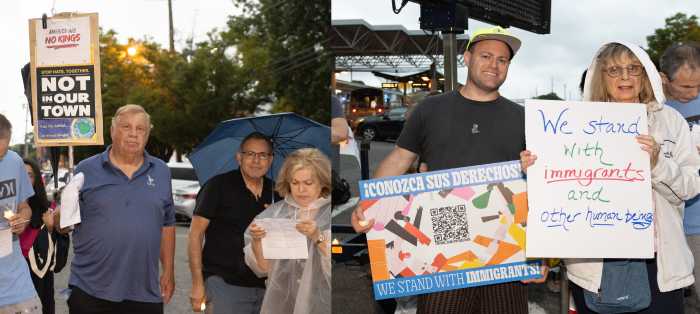When Rolling Stone (RS) published a story about a girl who was viciously gang-raped at a University of Virginia frat party, they wanted to raise an alarm about campus sexual assault, and challenge universities to handle such incidents better.
But soon after the article was published in November 2014, questions were raised as to the veracity of the report. RS voluntarily submitted the article to the Columbia University Graduate School of Journalism for a review, which called the article a “journalistic failure” that may have spread the idea that many women invent rape allegations.
And there lies what may be one of the biggest fears sexual assault victims face—that people won’t believe them. A 2008-2012 study by the Justice Department says that 68 percent of sexual assaults are not reported to the police. With the complete obliteration of the RS article, there’s a fear that women will continue to bear the trauma alone for fear of being thought of as “crying wolf” or exaggerating.
It seems fitting that all of this unravels in April, which is sexual assault awareness month. While the RS article may be moot, the general point still rings true—sexual assault on college campuses is a huge problem and needs to be addressed. Sexual assault and rape should never be part of part of campus culture—or any culture for that matter. There are too many stories of college administrations brushing aside stories of assault and not conducting proper investigations. A person’s college memories shouldn’t be marked by sexual abuse or a lack of justice after it is reported. College administrators need to fix the sexual assault policies, instead of turning a blind eye to what is going on on their campuses.
Victims of sexual assault may have their own reasons for not speaking out. But that reason should never be fear of not being taken seriously or having their stories heard.
—Betsy Abraham





























